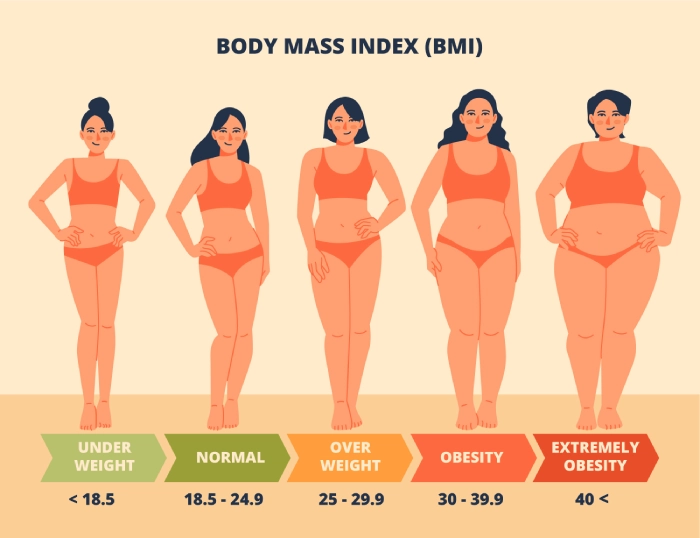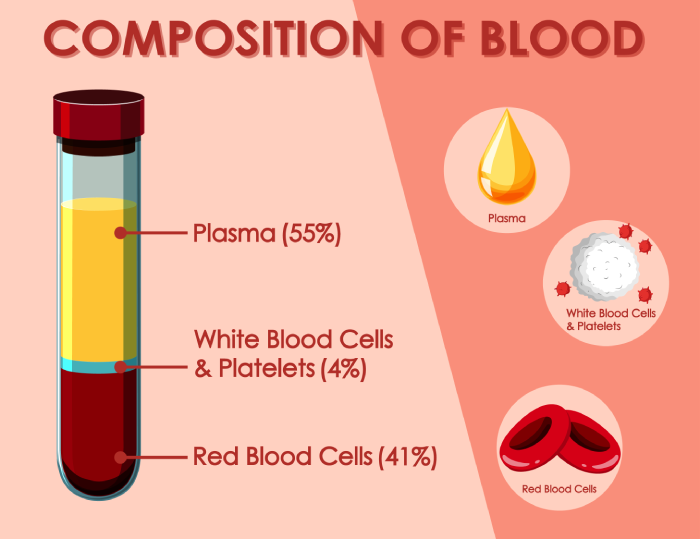Understanding the Link Between Vitamin E and Body Fat
Vitamin E, a powerful dietary antioxidant, plays a crucial role in protecting cells from oxidative stress and supporting various bodily functions. Despite its recognized importance, there is still insufficient evidence to establish a concrete relationship between vitamin E levels in the body, body fat percentage, and metabolic health. This study seeks to assess the nutritional status of vitamin E in adults with normal versus excess body fat and explore potential contributing factors.
The study evaluated concentrations of vitamin E isoforms—specifically α- and γ-tocopherols and α- and γ-tocotrienols—in 127 participants. Along with these markers, the researchers also measured body fat content and other health indicators such as lipid profile, plasma fatty acid concentrations, and C-reactive protein (CRP) levels, all of which are associated with metabolic health. Participants were divided into two groups: those with normal body fat and those with excess body fat (defined as more than 30% in women and more than 25% in men).
Key findings from the study indicated that higher concentrations of α-tocopherol were associated with lower body fat content and elevated levels of circulating lipids, particularly HDL and LDL cholesterol. Additionally, higher levels of vitamin E isoforms correlated with lower CRP levels, suggesting a potential role for vitamin E in inflammation reduction and improved metabolic health. Elevated vitamin E levels were also found to be linked to lower adipose tissue content, which may help reduce inflammation and promote overall metabolic health.
The results imply that individuals with excess body fat might have lower vitamin E status, which could be a contributing factor to poorer metabolic health. Specifically, higher body fat and lower total cholesterol (TC), particularly HDL cholesterol, were identified as key determinants of lower vitamin E levels. The study concluded that improving vitamin E levels may help address inflammation and enhance metabolic health in individuals with excess body fat.
Commentary by SuppBase columnist Alice Winters

This study provides a compelling look at the relationship between vitamin E, body fat, and metabolic health, but it also leaves several key questions unanswered. The findings suggest that individuals with excess body fat tend to have lower vitamin E levels, which could point to a deficiency that exacerbates metabolic issues. However, the research stops short of establishing a definitive causal link. While the correlation between vitamin E isoforms and factors like body fat and CRP levels is evident, we must be cautious in interpreting these findings as causality.
From a supplement perspective, this study highlights an interesting opportunity for those looking to improve their metabolic health, particularly in populations with higher body fat. Vitamin E supplements might be worth considering, especially since the antioxidant plays a vital role in reducing oxidative stress and inflammation—two key players in metabolic dysfunction. However, it’s essential to note that more research is needed to confirm whether supplementation alone can reverse or mitigate the negative effects of excess body fat on vitamin E status.
Moreover, the relationship between vitamin E and HDL/LDL cholesterol is also noteworthy. The study suggests that individuals with higher HDL and LDL levels may show better vitamin E status, which could open doors to broader conversations about the role of fats in nutrient absorption and metabolic health. For those interested in vitamin E supplementation, it would be wise to consider this alongside other heart-healthy strategies, such as improving cholesterol levels and managing body fat through diet and exercise.
In terms of the broader market, this study could influence the demand for vitamin E supplements, particularly in weight management and metabolic health circles. As consumers become more aware of the connection between antioxidants and body fat, we may see an uptick in vitamin E products targeted at weight management or metabolic wellness. That said, brands should approach these claims with care, ensuring they remain transparent and evidence-based in their marketing.
Ultimately, while the study provides useful insights, it also emphasizes the need for further exploration into the intricate relationship between vitamin E, body fat, and metabolic health. Until more robust research is conducted, consumers should approach supplementation cautiously, keeping in mind that no single nutrient or supplement is a magic bullet for health improvement.




